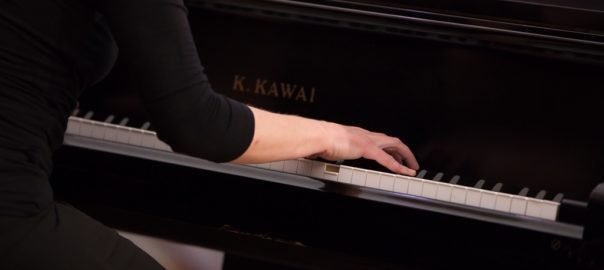Coldplay
Fall may have just begun, but in the studio, we already have our sights on the fall recital, just six weeks away. Six weeks seems endless to a six-year-old, but I can tell you, this is just around the corner.
Getting ready for performances requires a different sort of practice than the everyday work of breaking down music in order to learn it. After all, the music should already be learned. The rhythms secured. The dynamics incorporated. The drama and character of the music understood and embodied. The memory checked and rechecked.
What we need now is ColdPlay.
“ColdPlay” (not to be confused with the British rock group, Coldplay, although we like the association. The quirky one word, but two capital letters spelling is all ours.) was invented and christened during one Wednesday afternoon lesson last month. Perhaps invented is the wrong word, for thoughtful musicians have been doing ColdPlay forever.
ColdPlay means sitting down to play our pieces cold, without warming up or priming our brains by looking over the music beforehand. This is not a run-through in the middle of our practicing, or after we have worked out all the tricky spots. It is Cold Play. Literally.
This first revealed itself to me as a problem needing a practice strategy from my own work at the piano. For years, I have puzzled over how often when spontaneously asked to play something (at a dinner party, on a piano sitting in a hotel lobby…), I don’t lack for memorized repertoire that should be ready on the spur of a moment, but I never play well. Suddenly the 88 keys that I spend most of my life in front of seem like strangers I have never met.
And so, about a year ago, I began starting every practice session by playing through something cold. It has been illuminating really, how habituated I had become to playing actual repertoire only after I had thoroughly warmed up with technique work. Turns out, fingers don’t need so much warming up after all. Scales and etudes keep our technique sharp for sure, but what they are really doing is sending a signal to our brains: “Hey! Remember, you are a pianist. Time to engage the musical part of your brain.”
Taking on this new practice has done wonders for my Gershwin and Joplin. I’m no longer intimated by the idea of performing on an unfamiliar piano without advanced notice. In fact, I have much less attachment to the concept of warm-up at all. I still do technique work, but now I do it for the work itself, not because I need it to remind myself that I do, indeed, play the piano.
But in spite of the value of ColdPlay I have witnessed in my own work, I hadn’t thought specifically into turning this habit into a practice technique for students until one day after the third kid in a row said something like: “I play my piece fine the second time through.” Great, I thought. Too bad the judge isn’t hearing the second time.
Most performances are really a ColdPlay, even assuming we have a leisurely practice session ahead of time. There is something about the heightened attention, nerves and excitement of a live performance that takes us out of the comfortable place where this music might live in our brains and fingers and makes the experience seem cold, foreign, unfamiliar.
Which is why that is what we have to practice. Playing Cold. Sitting down at the piano straight off the school bus and running through our recital piece. Playing through the festival requirements of scales, chords and three contrasting pieces first thing in the morning when the sleep is yet to be washed out of our eyes. Performing to an imaginary audience (or our cats) every time we pass the piano. Cold Play.
What ColdPlay really tests is our ability to access our knowledge and facility of our music in any situation, at any time. (In a box, with a fox, on a train, in a plane…) ColdPlay assumes that a good performance is not dependent upon being in the right mood or upon the practice of personal superstitions (a red handkerchief in the left pocket, a penny in our right shoe, walking around the piano three times before we sit down….). ColdPlay reassures us that yep, we’ve got this. Anytime. Anywhere.
And, we like the name.
